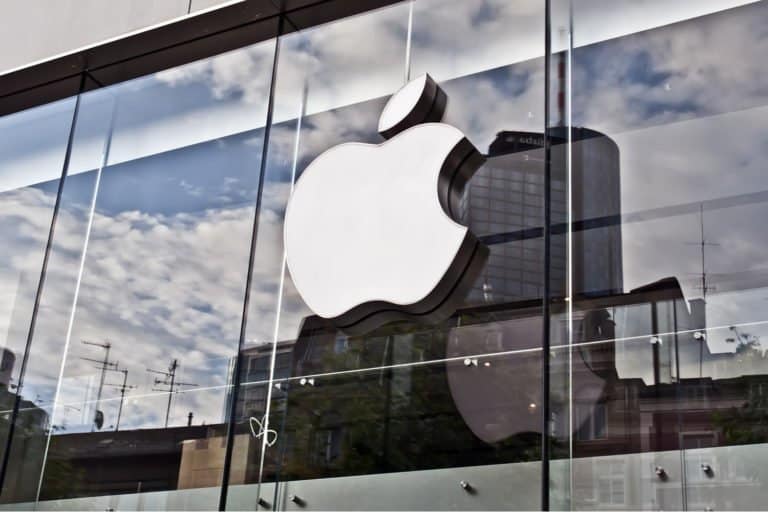Apple and Broadcom have agreed another major deal. Under this partnership that will run for some years, Broadcom will take the helm of designing and producing a diverse range of cutting-edge wireless components for Apple’s extensive product lineup.
The spotlight shines brightly on the revolutionary modules that will power the highly anticipated 5G network connections. Since 2020, Apple’s iconic iPhone lineup has been 5G-ready, with the new deal set to capitalize on Broadcom’s marvel of engineering: the pint-sized yet mighty FBAR filters.
These minuscule modules play a pivotal role in blocking radio interference from neighboring devices, guaranteeing uninterrupted wireless connections for Apple users. To put their compactness into perspective, some of these filters boast a surface area smaller than a single square millimeter.
Broadcom will manufacture the FBAR filters at its state-of-the-art facility in Fort Collins, Colorado
Already, Apple’s component purchases have generated over 1,100 jobs at the facility. This solidifies its status as a vital cog in the domestic employment engine. Building upon this momentum, Broadcom plans to invest in cutting-edge automation technologies and ambitious employee upskilling initiatives, paving the way for advanced manufacturing capabilities.
Tim Cook, the CEO of Apple, underlines the company’s unwavering commitment to bolstering the U.S. economy. He emphasizes that Apple’s technological prowess is nurtured right here on American soil, with deals like this as evidence.
It is worth noting that Apple holds a prominent position as one of Broadcom’s most significant customers, accounting for an impressive 20% of the $33.2 billion in revenue the company reported last year.
A twist in the tale
This landmark agreement follows recent reports from Bloomberg suggesting that Apple wanted to reduce its reliance on Broadcom. The tech giant reportedly plans to develop an in-house alternative to the Broadcom-developed chip that currently powers the Wi-Fi and Bluetooth functionalities in its devices, with a potential switch as early as 2025.
This groundbreaking collaboration with Broadcom forms a crucial part of Apple’s overarching strategy to inject a staggering $430 billion into the U.S. economy over the next five years.
Through direct employment, fostering a thriving iOS app ecosystem, and substantial supply chain spending, Apple’s impact extends to supporting over 2.7 million jobs across the nation, cementing its role as a vital driver of economic growth.
Also read: Apple releases security updates for WebKit vulnerabilities
